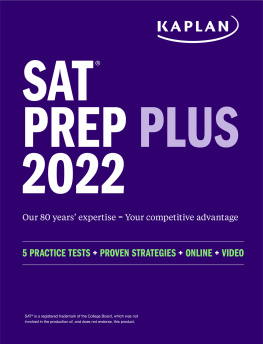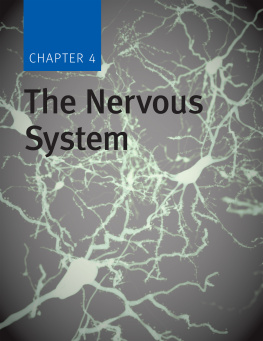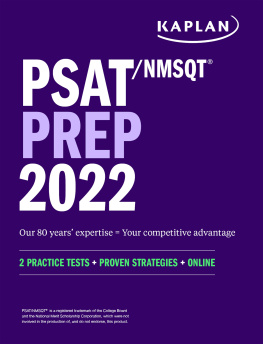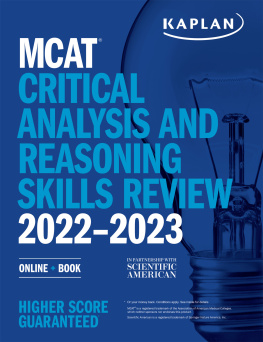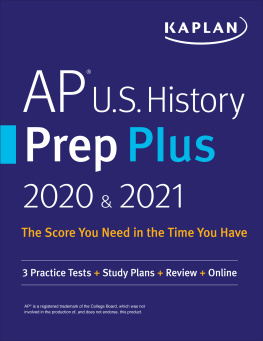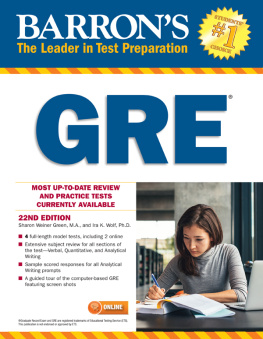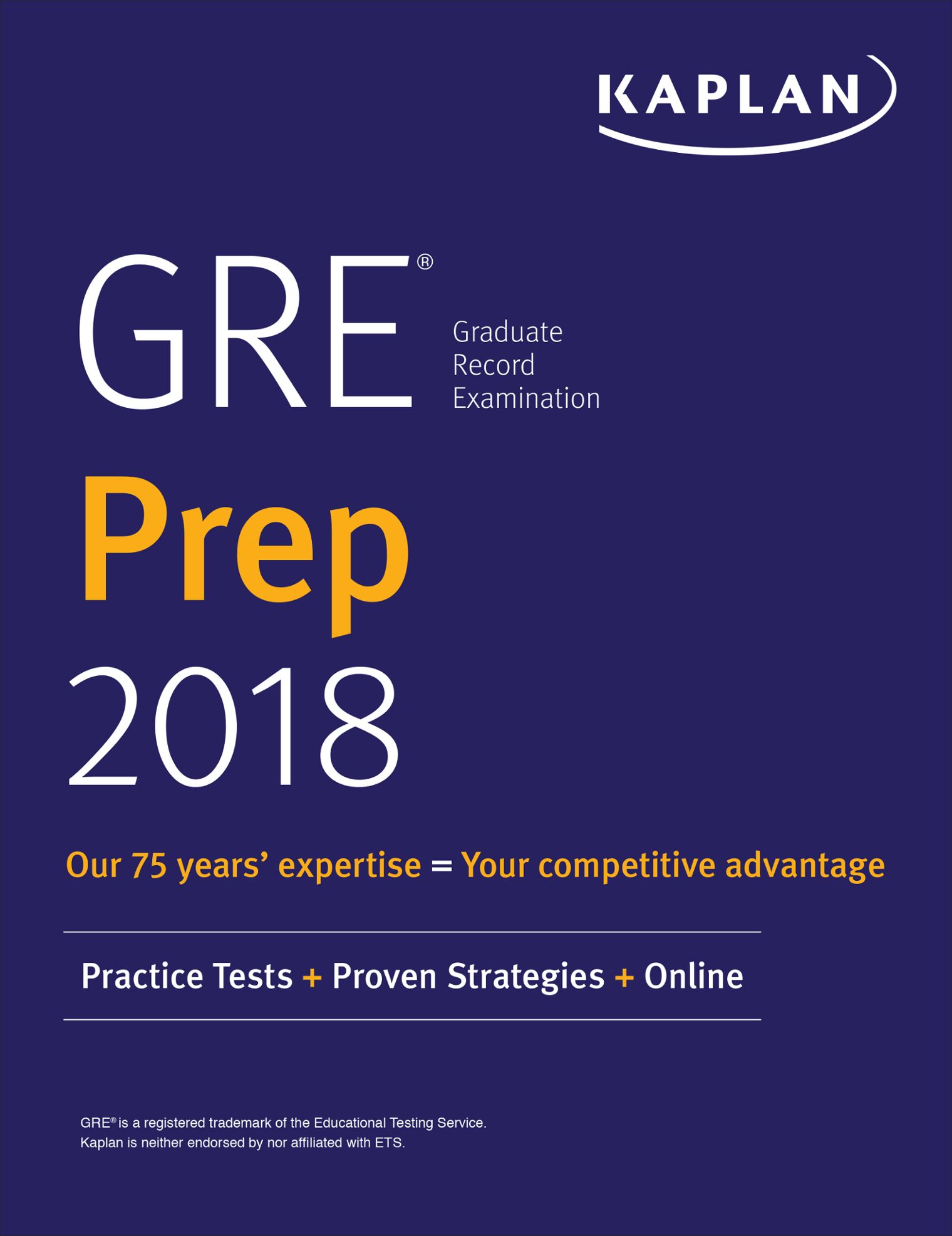
Acknowledgments
Special thanks to the team that made this book possible:
Arthur Ahn, Mikhail Alexeef, Gina Allison, Matthew Belinkie, Kim Bowers, Harry Broome, Brian Carlidge, Lauren Challman, Gerard Cortinez, Chris Cosci, Elisa Davis, Boris Dvorkin, Steve Ferges, Paula Fleming, Dan Frey, Joanna Graham, Adam Grey, Allison Harm, Craig Harman, Jack Hayes, Adam Hinz, Rebecca Houck, Gar Hong, Xandi Kagstrom, Sarah Krentz, Jennifer Land, Edwina Lui, Jenny Lynch, Keith Lubeley, Heather Maigur, Rachel Mason, Jennifer Moore, Jason Moss, Walt Niedner, Robert Reiss, Shmuel Ross, Glen Stohr, Sascha Strelka, Gene Suhir, Ethan Weber, Lee A. Weiss, and many others who have contributed materials and advice over the years.
GRE is a registered trademark of the Educational Testing Service, which neither sponsors nor endorses this product.
This publication is designed to provide accurate and authoritative information in regard to the subject matter covered. It is sold with the understanding that the publisher is not engaged in rendering legal, accounting, or other professional service. If legal advice or other expert assistance is required, the services of a competent professional should be sought.
2017 Kaplan, Inc.
Published by Kaplan Publishing
750 Third Avenue
New York, NY 10017
ISBN: 978-1-5062-2039-0
10987654321
All rights reserved under International and Pan-American Copyright Conventions. By payment of the required fees, you have been granted the non-exclusive, non-transferable right to access and read the text of this eBook on screen. No part of this text may be reproduced, transmitted, downloaded, decompiled, reverse engineered, or stored in or introduced into any information storage and retrieval system, in any form or by any means, whether electronic or mechanical, now known or hereinafter invented, without the express written permission of the publisher.
How to Use This Book
More people get into graduate school with a Kaplan course than via any other major test prep company. The techniques and approaches from Kaplans classroom and tutoring programs are distilled in this book in a clear, easy-to-grasp format. Heres the plan to get you started!
1. Register Your Online RESOURCES
Register your Online resources using these simple steps:
- Go to www.kaptest.com/booksonline.
- Follow the onscreen instructions. Please have a copy of your book available.
Access to the Online resources is limited to the original owner of this book and is nontransferable. Kaplan is not responsible for providing access to the Online resources for customers who purchase or borrow used copies of this book. Access to the Online resources expires one year after you register.
2. Take a GRE Practice Test
Its essential to take a practice test early on. Doing so will give you the initial feedback and diagnostic information that you need to achieve your maximum score.
Your diagnostic test is Multi-Stage Test (MST) 1, which is found in your Online resources. MST 1, like all of Kaplans online full-length tests, is in the same format as the actual GRE. The multi-stage test format feels different from a paper-based test and scores differently, so if you only have time to take a single practice test before you sit for the real GRE, this is the one you should use. However, for your convenience, weve also included a paper-based practice test in this book. This practice test, which includes full-length Analytical Writing, Verbal, and Quantitative sections, will give you a chance to familiarize yourself with the various question types. It also allows you to accurately gauge the content you know and identify areas for practice and review. (Use the online answer grid available in your Online resources to enter your responses from the practice test in this book to see a detailed breakdown of your performance by question type and topic.)
Review the detailed answer explanations to better understand your performance. Look for patterns in the questions you answered correctly and incorrectly. Were you stronger in some areas than others? This analysis will help you target your practice time to specific concepts.
3. Get to Know the GRE and Create Your Study Plan
First, read of your book, Introduction to the GRE, to get familiar with important details about the test, including structure, scoring, and registration information. Next, choose a test date and register! This will secure your spot in the test center.
At that point, you can work back from your test date to figure out how much time you have to prepare.
Divide that preparation time in half. Start with the key concepts and GRE question types you need to focus on. Go through the lessons in this book, take a few practice sets, and read the answer explanations.
Also, plan time to practice with the essay prompts, even if writing is your best subject. Understanding the essay requirements and practicing periodically will help you deliver the right paragraphs on Test Day, when it really counts.
As soon as you are comfortable with the question types and Kaplan Methods, take and review your additional full-length practice test. Then return to the practice sets in this book until your test date.
Thanks for choosing Kaplan. We wish you the best of luck on your journey to graduate school.
kaptest.com/publishing
The material in this book is up-to-date at the time of publication. However, the Educational Testing Service may have instituted changes in the tests or test registration process after this book was published. Be sure to read carefully the materials you receive when you register for the test.
If there are any important late-breaking developmentsor changes or corrections to the Kaplan test preparation materials in this bookwe will post that information online at http://kaptest.com/publishing. Check to see if any information is posted there regarding this book.
Part One
Getting Started
Chapter 1
Introduction to the GRE
This book will explain more than just a few basic strategies. It will prepare you for practically everything that you are likely to encounter on the GRE. This may sound too good to be true, but we mean it. We are able to do this because we dont explain test questions in isolation or focus on particular test problems. Instead, we explain the underlying principles behind all of the questions on the GRE. We give you the big picture.
Understanding the GRE
Lets take a look at how the GRE is constructed. The GRE, or Graduate Record Examination, is a computer-based exam required by many graduate schools for admission to a wide variety of programs at the graduate level. You need to know firsthand the way this test is put together if you want to take it apart. In this section, you will learn about the purposes of the GRE and ways you can learn to be successful on it.
The Purposes of the GRE
The GRE is designed to assess readiness for a wide variety of graduate programs. The ways in which graduate schools use GRE scores vary. Scores are often required as part of the application for entrance into a program, but they also can be used to grant fellowships or financial aid. Each section of the GRE is designed to assess general skills necessary for graduate school. Some of these skills include the ability to read complex informational text and understand high-level vocabulary words in the Verbal Reasoning section, respond to an issue in written form in the Analytical Writing section, and apply general mathematical concepts to a variety of problem types in the Quantitative Reasoning section. Graduate school admissions officers often view the GRE score as an important indicator of readiness for graduate-level studies. In addition, graduate school admissions officers are comparing hundreds or even thousands of applications, and having a quantitative factor, such as a GRE score, makes the job of comparing so many applicants much easier. Just by having this book and making a commitment to yourself to be as well prepared as possible for this exam, youve already taken the crucial first step toward making your graduate school application as competitive as possible. For free events geared at improving other aspects of your applications, visit www.kaptest.com/GRE.
Next page

